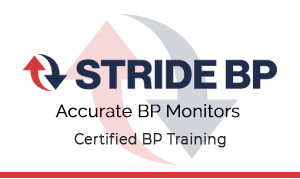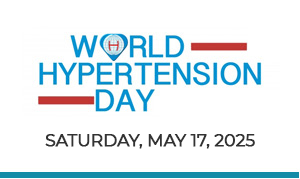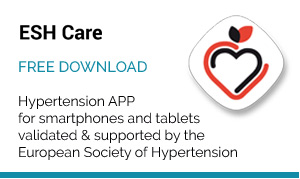Milan, Italy – The average person in Portugal consumes 12 grams of salt a day – more than most other Europeans – but this should soon be cut by at least one gram a day – saving 2,460 lives a year – thanks to simple measures introduced by a group of the country’s hypertension specialists who presented a report at the conference here.
Luis P Martins, MD, PhD, of the Portuguese Society of Hypertension, who’s Director of the Cardiology Department at St Sebastiao Hospital in Fiera, described in a Late-Breaker Session at the European Meeting on Hypertension how his group had been committed to finding out why Portugal has such a high consumption of salt. And by reducing salt intake, they hoped to achieve reductions in hypertension and cut Portugal’s rate of stroke – currently among the highest in Europe.
They launched a campaign called: “Portuguese Action Against Salt And Hypertension”, and Dr Martins told conference attendees in Milan about the success they have achieved so far.
Firstly they identified Portugal’s excellent bread as one source of too much salt after finding that it had more salt per kilo than most other breads in Europe, including France and the UK. Next they set about developing low-salt versions of the favourite Portuguese breads by working jointly with the food industry. Happily Dr Martins was able to tell his audience in Milan that the new, low-salt breads were just as tasty and popular as the previous ones.
Next came a subtle, but relentless, publicity campaign – including breakfasts with politicians and television campaigns with leading football players and children’s heroes. Dr Martins didn’t believe you could just explain facts about the link between salt intake, hypertension and the risk of stroke in an informational book and hope it will be read: Television needs to be used so that healthy eating with les salt can be made attractive and have appeal, especially to children forming their dietary habits.
In short: you have to look at the task of reducing salt intake like running a business: it has to be marketed: “When doctors want to get a message out to the public, they must be scientifically correct, but they must act like politicians,” Dr Martins said in an interview after his presentation.
He explained how surveys they did before the campaign began helped them to know what to do: “Politicians win elections by doing surveys,” he said, pointing out that doctors can, and should, work the political system as well as the medical system to achieve better health in the populations they care for.






